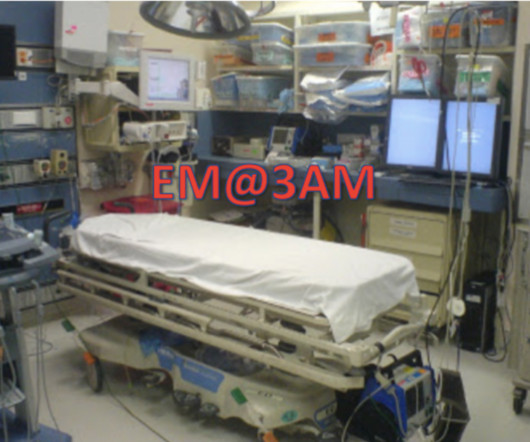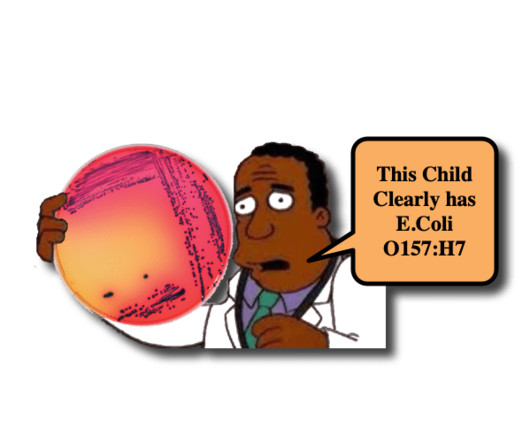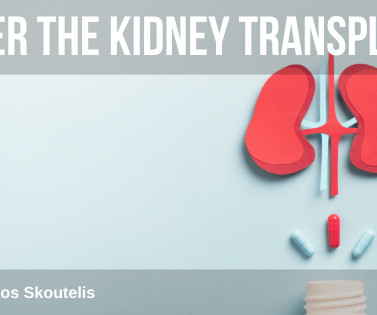EM@3AM: Leukopenia
EMDocs
JANUARY 25, 2025
PCP Pneumonia, Sepsis) can be discharged with initiation of Antiretroviral Therapy in consultation with Infectious Disease (ID) physician with full ID evaluation outpatient. 0000000000000305 Kazumi Y (2023) The Epidemiology and Outcomes of Leukopenia in Different Populations and Regions. Curr Opin Hematol. 2017;24(1):46-53.


















Let's personalize your content